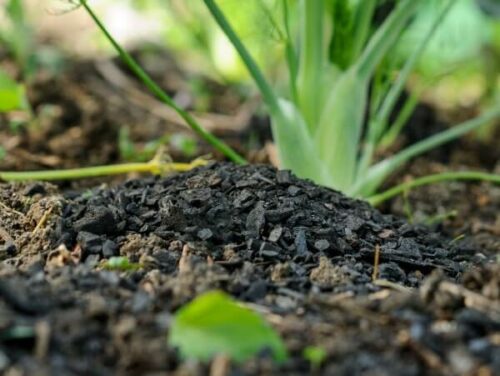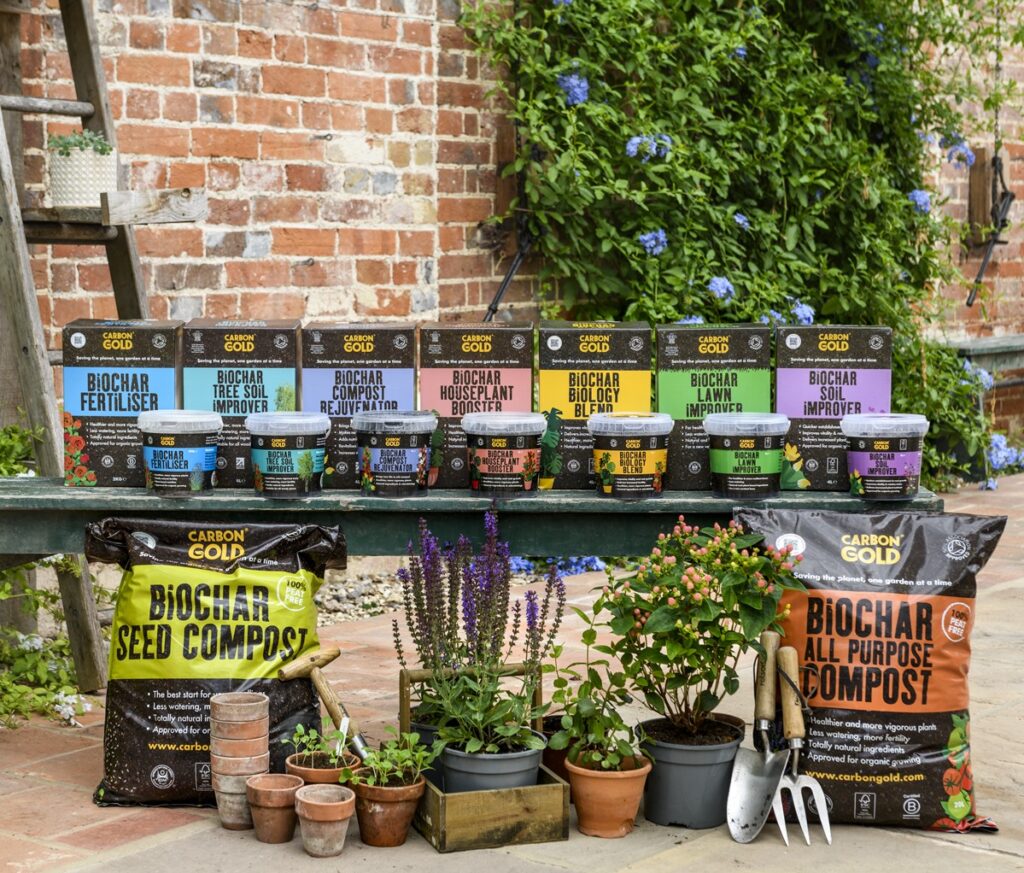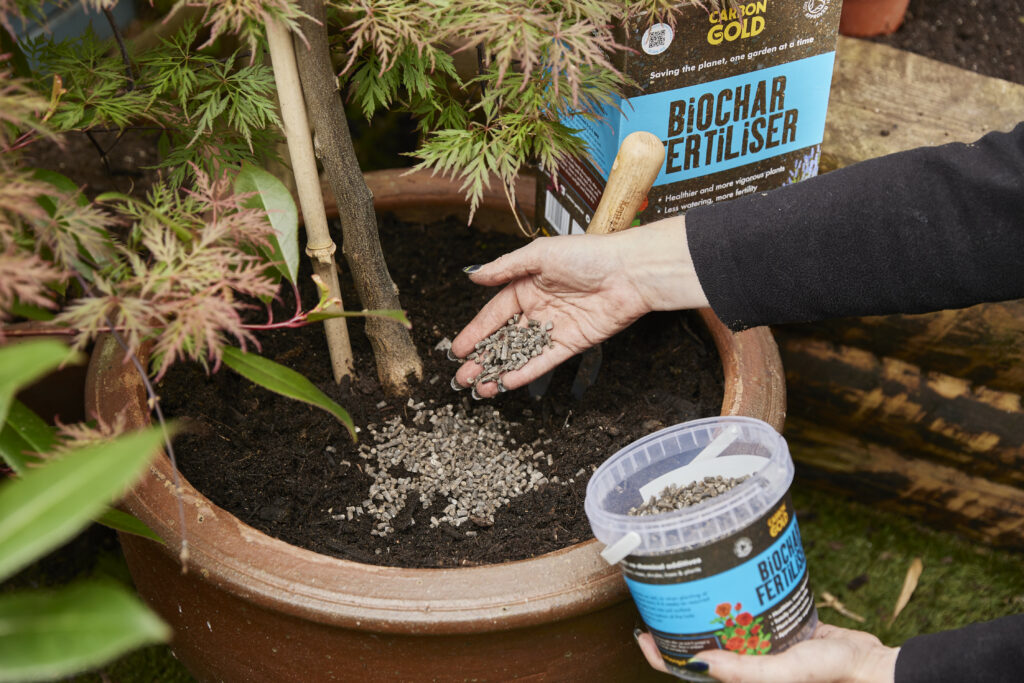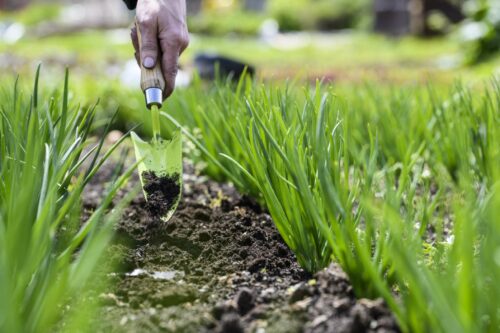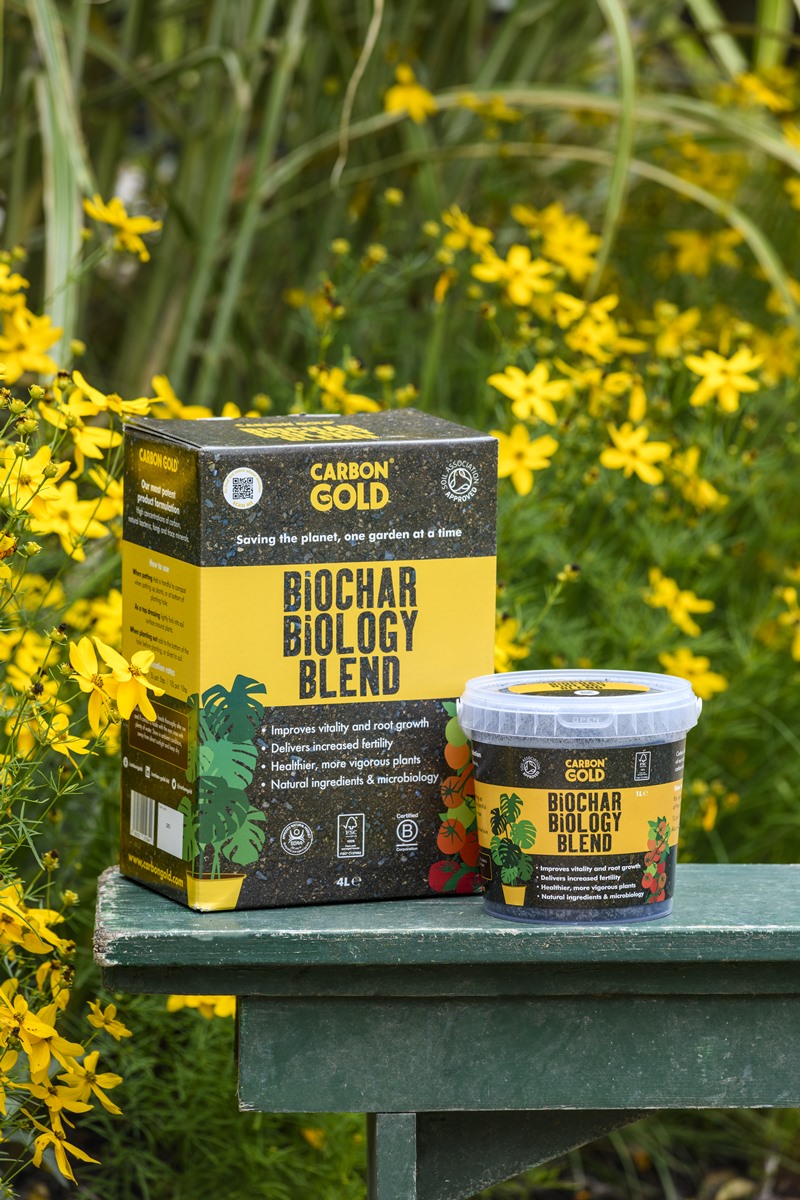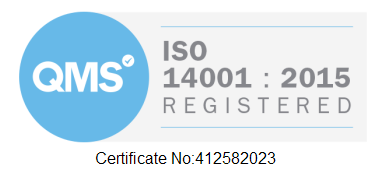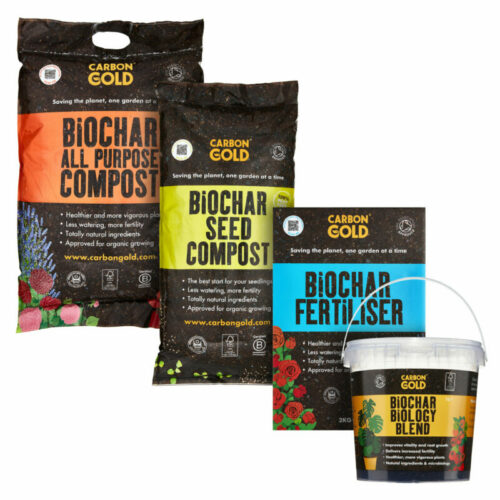Fungicides, pesticides and other ‘cides’ are increasingly being phased out of horticulture. This is not just a horticultural trend. One reason Monsanto and Bayer are merging is because farmers are using a lot less of their inputs.
Half of all nitrate fertiliser never gets taken up by a plant, not even by weeds, it just washes into the water supply and water companies have to invest in removing it to comply with nitrate directives on drinking water.
Glyphosate has been labelled by the WHO as a probably carcinogen. The EU review of pesticides triggered the withdrawal of hundreds of pesticides, mostly carbamates and organophosphates that had been permitted until the turn of the century. Newer stringent safety requirements now apply.
Companies like Marks and Spencer, the Coop and Waitrose are imposing their own, even stricter, standards on permitted residues they aren’t waiting for the regulators to decide. M&S has helped suppliers develop pheromone-based traps to replace insecticides. Insurers are concerned about liability claims arising from worker exposure to pesticides. In agriculture farmers are now working with green manures, cover crops, composting, biological pest controls and other methods formerly regarded as ‘organic’ in order to deal more naturally with formerly intractable problems.
Organic farmers have long been the R&D division of growing by researching and applying ways to maintain productivity without resorting to chemical solutions. Now that the underlying scientific trend is moving relentlessly away from chemistry and towards biology their experience is going mainstream.
This emerging biological approach has had a big boost from the introduction of biochar a few years ago. When biochar (ground charcoal) is added to soil or other growing substrates it provides a perfect environment for the doubling and more of the population of beneficial microbes that support organic growing. Mycorrhizal fungi flourish and with them the whole microbial community that ensures a supply of nutrients to growing plants and acts as their immune defence when they’re threatened by fungal and other pathogens.
Organic tomato growers have seen dramatically reduced levels of root-eating nematodes, phytophthora and botrytis; and as a result yield increases going into double figures. At the same time they have been able to use fertiliser more cost effectively as biochar helps retain nutrients in the upper levels of soil where they nourish the plant.
Carbon Gold’s biochar formulations have helped to drive this sustainable intensification of organic greenhouse horticulture. The results have been so impressive that growers who operate both organic and conventional operations have begun using biochar on their nonorganic production too, including in coir, rockwool and peat. Plug plants raised in biochar propagation mediums are more vigorous and establish more quickly upon transplanting. Biochar is a one-off addition that keeps on benefitting the soil year after year.
Now Carbon Gold’s new ‘Biology Blend‘ is a concentrated formulation with a high viability content of mycorrhizae and other microbes that helps get the growing medium off to a flying start at the beginning of every growing season. It keeps that microbial community dynamic and effective all the way through to harvest.
Higher yields, lower inputs, what’s not to like?

